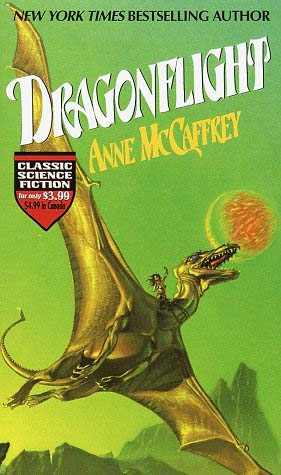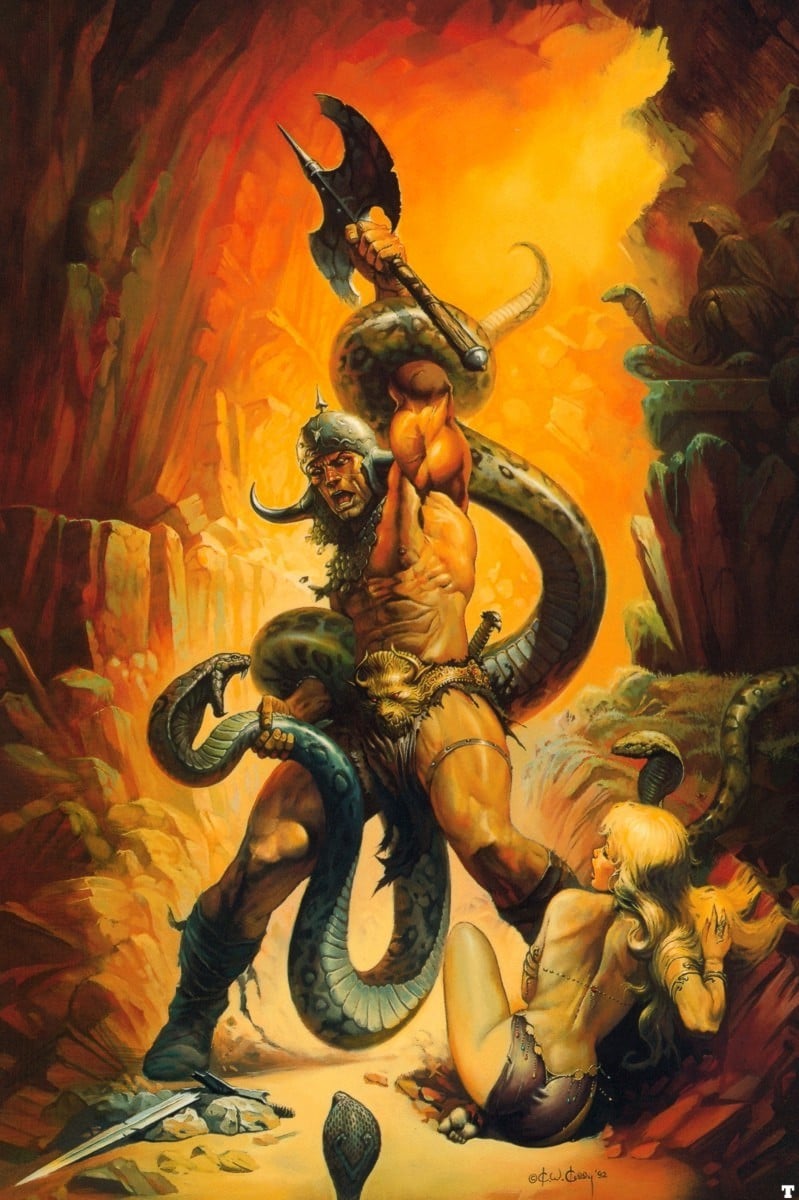Of all the wonderful creatures that inhabit our imagination, dragons are indubitably the most inspiring, to children and adults alike. Fantasy would not be the same without dragons and they can be found in almost every epic story, although they do not all leave the same impression. We present our most heartfelt apologies to Toothless, Viserion and fellow Hungarian Horntails, but if we had to pick one our personal favourite it would definitely be J.R.R. Tolkien’s mighty Smaug the Magnificent, Smaug the Golden, or whatever he’s getting people to call him these days.
Flame Tree Fiction
Dragons are dramatic creatures – the very height of awesome power and destructive potential. Dr Faustus notoriously rides a dragon-drawn chariot, and these creatures have long been associated with heroism, grandeur and ancient mystery.
The ‘dragon’ has been imagined in various forms, and for Carl Jung, they were an ‘archetype’, that is, an inherited idea or image that formed part of society’s collective unconscious. Jung explains the cold-blooded, reptilian nature commonly attributed to dragons is a way for us to collectively identify or represent symbolically the inhuman part of our own psychology. Our last blog on dragons covered a number of dragons in literature that embody these necessary components that oppose and emphasise the hero-type. But how have dragons and dragon-like figures been conveyed in visual form? The artwork and design of a dragon is highly important in confirming as well as enhancing our understanding of what a ‘dragon’ is, and below we’ve come up with a list of 8 of the most memorable on-screen dragons.
Topics: dragon art
Ancient, beautiful and undeniably powerful, dragons in their most common depictions have helped characterize the fantasy world and lend impressive mythological grandeur to the tales that feature them. Dragons are an attention-grabbing component of hero myths in particular, where there has been a pervasive attitude that the defeat of a dragon is a way of proving one’s mettle, that a dragon-like figure or idea must be ‘conquered’ in order to attain a ‘prize’ (usually treasure, or virtue personified in the figure of a maiden).
Dragon-slayers earn the greatest respect, not only in medieval romance (such as Tristan & Isolde) but also among the heroes of antiquity, with Apollo (who slew the earth-dragon Python) and Perseus (who, after having dispatched Medusa, defeated the sea dragon [kētos] to rescue Andromeda). Greek mythology also gives us the tale of Medea charming with her spells and herbs the ‘Kholkian Drakon’ that guards the Golden Fleece. These earlier ‘dragons’ are more a general form of monster, though with definite dreadful qualities that have formed the basis of dragon-lore. The presence of dragons in tales augments the merit of the heroes that oppose them, but what of the dragons themselves? We’re going to take a look at the most memorable dragons from literature, and how they were depicted in all their awesome might. [Caution: Here There Be Spoilers]
Topics: dragon art
And cue the obligatory Game of Thrones finale blog. We won't spoil anything about the latest episode here, but if you're not up to date with the most recent season up to episode 10, then you may want to give this post a miss just in case.
Topics: Gothic & Fantasy Art, dragon art
We've just released a gorgeous digital edition of a brand-new book: Fantasy Art: Warriors & Heroes. 192pp pages of artwork, showcasing amazing paintings from fabulous contemporary artists. It's available on the Apple iBookstore and is designed for the iPad Retina display which shows off the detailed and glorious art. We're very excited to see what you think!
Topics: Gothic & Fantasy Art, dragon art
Book Cover Artist
Whelan's work has graced book covers from novelists like Stephen King, Ray Bradbury, Michael Moorcock, Poul Anderson and, most famously, Anne McCaffrey, bringing both author and artist unassailable respect among fantasy devotees. He has also won countless awards and accolades for his work, which he describes as ‘communication’, in a sense being an intermediary between the author’s words, vision and intention and the expectation and understanding of the reader or viewer. This viewpoint means that the symbolism of his work is as important as the actions and events that make up the subject matter.
Topics: Gothic & Fantasy Art, dragon art
On a quest to experience the mythical, mystical, magical and macho all at once? Look no further than to the works of fantasy artist Ken Kelly. A work by Kelly is an invitation into the wonderful world of imagination, of warriors and dragon art, as he offers viewers a direct route into faraway places and primal battlefields that burst at the seams with vivacity.
Topics: Gothic & Fantasy Art, dragon art
.png?width=3036&height=619&name=Beautiful%20books%2c%20Timeless%20storytelling%20(4).png)
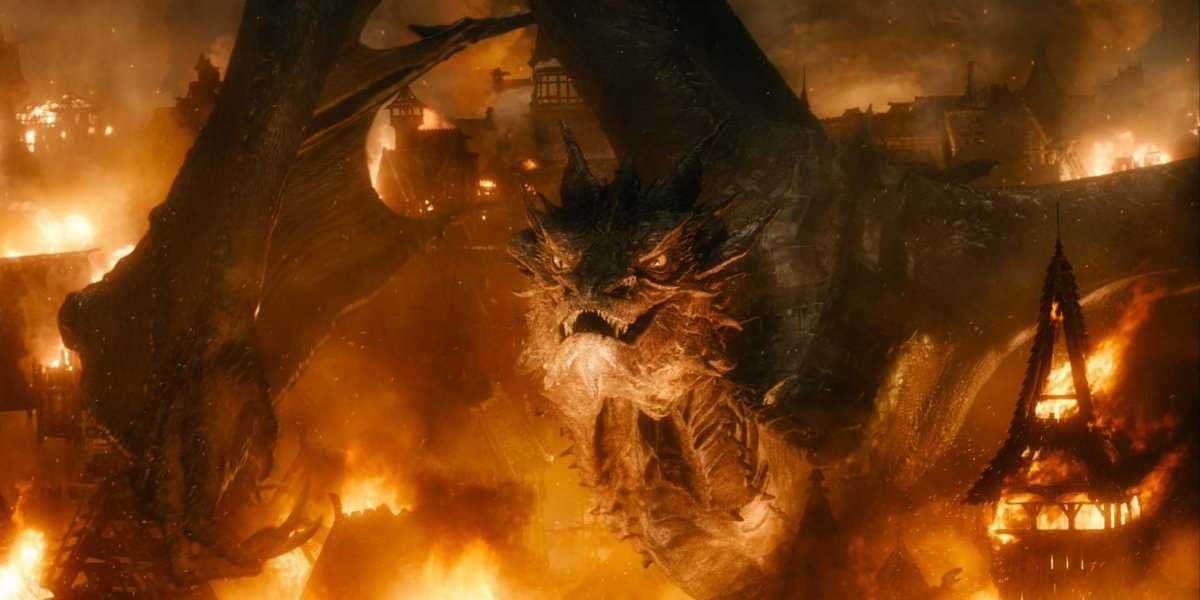
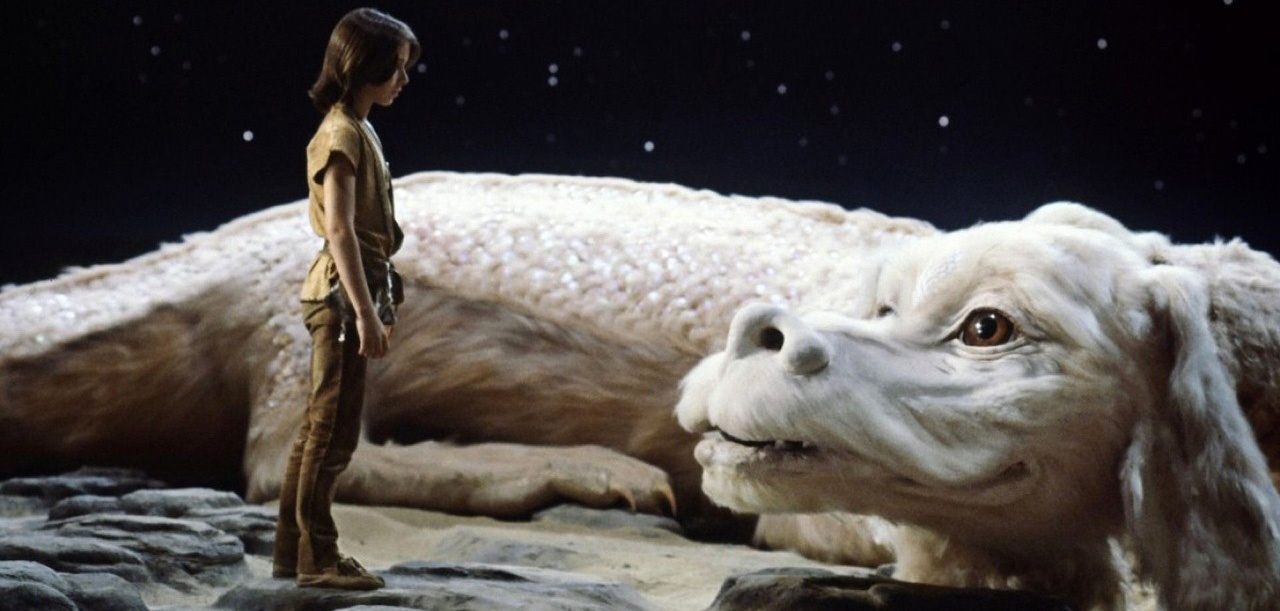
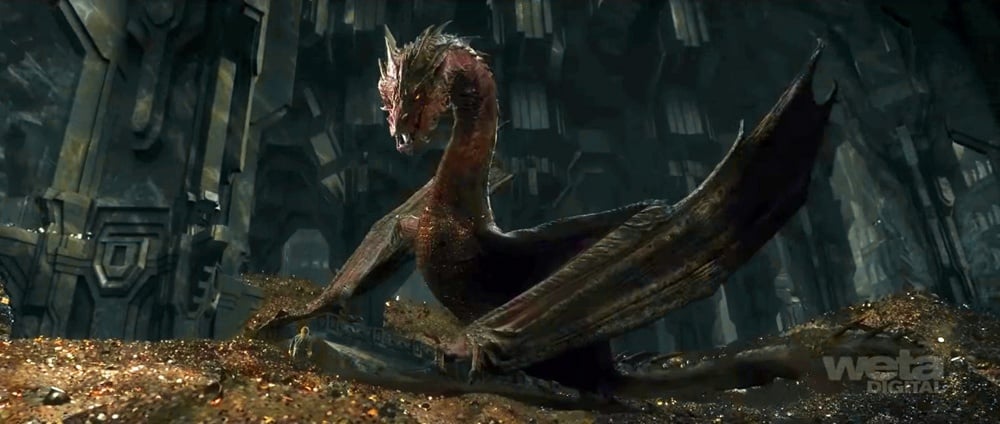
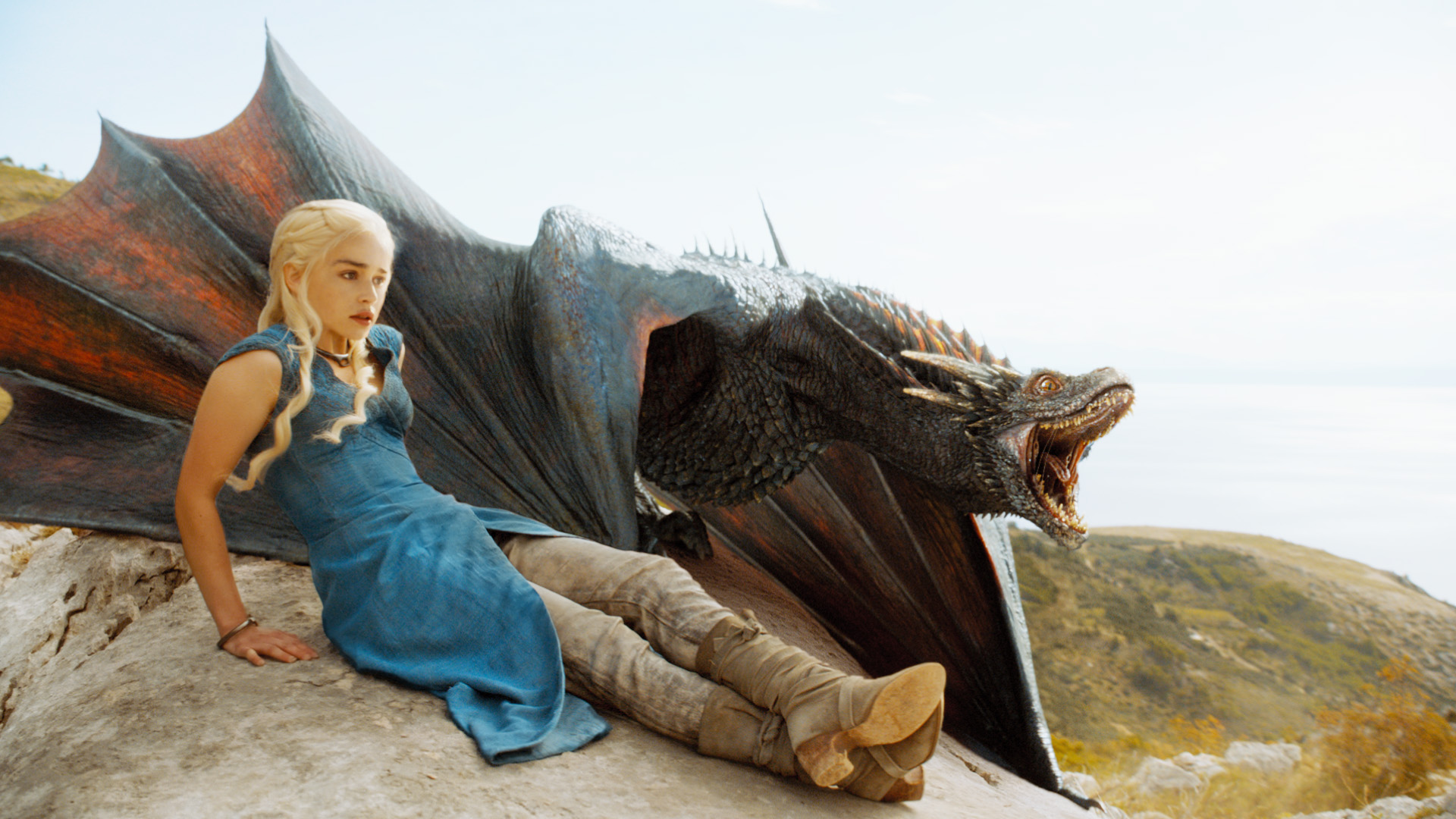
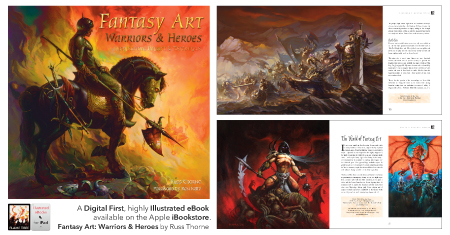.jpg)
